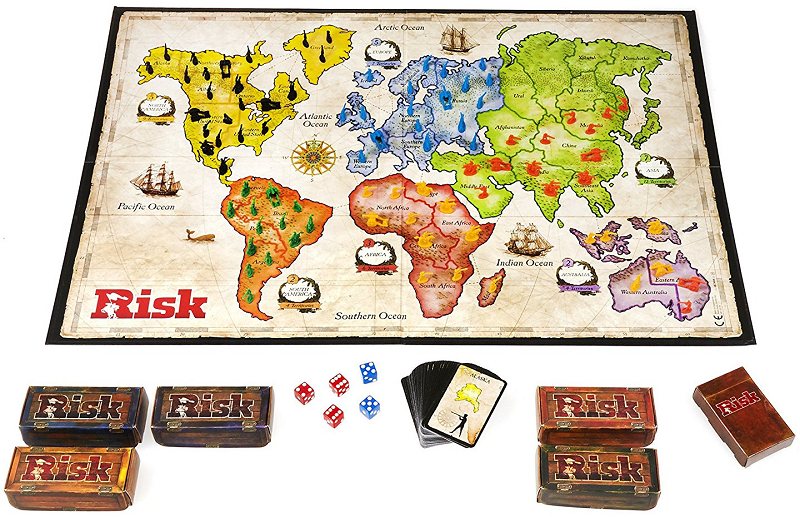When investors use the term “Risk”, what do they mean? For institutional-level investors, the answer to that question may not be what you think it is.

Risk
Not the Desired Outcome
If you take a step back from that standard definition of Risk, you might think of another meaning of Risk: that actual investment returns don’t equate to projected or desired returns. When you make an investment, such as the purchase of a stock, you have some expected return in mind. If you don’t, you should. The chance or the probability that your actual returns will be lower than your projected returns is the Risk of that particular investment.
Market Risk
Regarding stocks, there are two types of risk. The first is called Systemic Risk or Market Risk. This is the risk that the entire market will sell off and your stock will sell off along with the entire market. Most stocks’ returns are highly correlated with market returns. In theory, you can’t diversify your market risk by buying other stocks because all stocks are subject to market risk.
Company-Specific Risk
The other risk for stocks is the risk that is company-specific. This is also called non-systemic risk. This risk relates to how well your specific company is managed, and how well it performs relative to other stocks in its sector and other stocks in the market in general. An investor can diversity non-systemic risk by buying other stocks. The more stocks you own in your portfolio, especially different stocks among different sectors, the less subject you are to company-specific risk.
Insurance
There is also the Insurance definition of Risk, which is the situation where the probability of a variable is known but where the mode or actual value of the occurrence is not known. You know that there is a possibility that your house can catch fire – that’s a risk – but you don’t know if it will ever catch fire or when it will catch fire. In general, it is similar to the securities definition of risk, which is that something bad or unexpected might happen.
IMO
Risk doesn’t just mean losing money or the possibility of losing money. Risk also means that you make money, but not as much as you expected to make. You might someday get into a conversation with another investor or investment manager about the concept of Risk, and you should know what they mean when they discuss Risk. It is not the board game by Hasbro.
